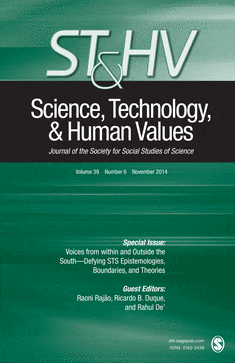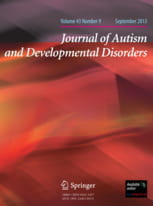Science, Technology and Human Values, Published online before print July 3, 2014.
This article provides empirical evidence of the social context and moral reasoning embedded within a parents’ decision to participate in autism genetics research. Based on in-depth interviews of parents who donated their family’s blood and medical information to an autism genetic database, three narratives of participation are analyzed, including the altruistic parent, the obligated parent, and the diagnostic parent. Although parents in this study were not generally concerned with bioethical principles such as autonomy and the issues of informed consent and/or privacy and confidentiality of genetic information, a critical analysis reveals contextual bioethics embedded within these different narratives. These include the negotiations of responsibility that parents confront in biomedical research, the misguided hope and expectations parents place in genomic science, and the structural barriers of obtaining an autism diagnosis and educational services. Based on these findings, this article demonstrates the limits of a principle-based approach to bioethics and the emergent forms of biological citizenship that takes into account the social situations of people’s lives and the moral reasoning they negotiate when participating in autism genetic research.



